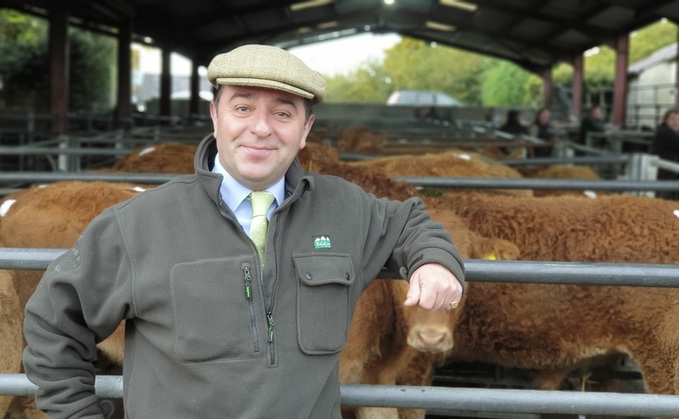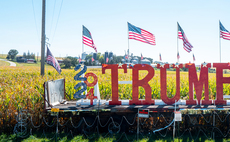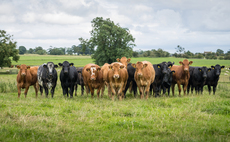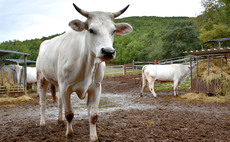
Trade prevents a shortage of lamb.
At this time of year in Shropshire, it is the beginning of the hogget sales season, which generally keeps the sheep trade supplied and prevents a shortage of lamb between the end of last year’s lambs and the start of this year’s spring lambs.
Shropshire is a renowned arable area which traditionally grew a large amount of sugar beet. The sugar beet producers used to buy store lambs to fatten off the sugar beet tops, which provided them with a bonus cash crop in addition to the beet.
There is now not so much sugar beet grown, since the local sugar beet factory closed down, but the tradition of fattening store lambs off root crops continues and, over the past three or four years, we have seen a definite increase in the number of farmers taking this route.
It is not an enterprise for the faint-hearted though, as some years the crops have been poor and the sheep trade has been low and people have had to sell them for less than they have cost, and some years they have had made a lot of money.
There are multiple factors which govern the success of the enterprise, such as the weather and its impact on the root crops, the price of store lambs and ultimately the price of the finished article. As we know the price of the finished article depends on a number of external factors.
Since our departure from Europe and the predicted downturn in the sheepmeat industry (which everyone seemed to forecast), things have amazingly gone up and up, and in the lead up to Christmas sheep were in huge demand.
The improved trade in the prime lamb market has obviously passed down to the store lamb prices, which have experienced never before heard of highs over the past six months. This has been good for farmers who bred the lambs, but has pushed the base price up for store lamb buyers.
Prime trade
Since Christmas, the prime lamb trade has never really got going again and, over the next couple of months, the root crops are going to run out and sheep will be ready to sell. The root crops this time have been hugely successful and lambs have done very well, which means there will be a lot of heavier lambs coming to market.
While there is a market for heavy lambs, vendors should be encouraged to try and sell at a variety of weights, because if everyone keeps them big, the supply will outweigh the demand and this will result in premiums being paid for lighter lambs and the heavies not really being worth much more.
Spring lambs
There will likely be more early spring lambs this year following last year’s high prices, a good lambing season and plenty of dry weather, so it will be important to get the hoggets sold before the abattoirs turn over to spring lambs to maximise prices.
Our advice is to start selling lambs when they are ready and do not hold off too long in the hope of a significant lift, because if it doesn’t come, there could be a lot of long faces.
Vendors please do not forget that the live markets have contributed significantly to the success of the sheep industry over recent years and we aim to continue to provide a valuable marketing service which has stood the test of time.
James F. Evans
James F. Evans is director and auctioneer at Halls Shrewsbury and Bishops Castle Markets. Call 01938 555 552, or email [email protected]



















